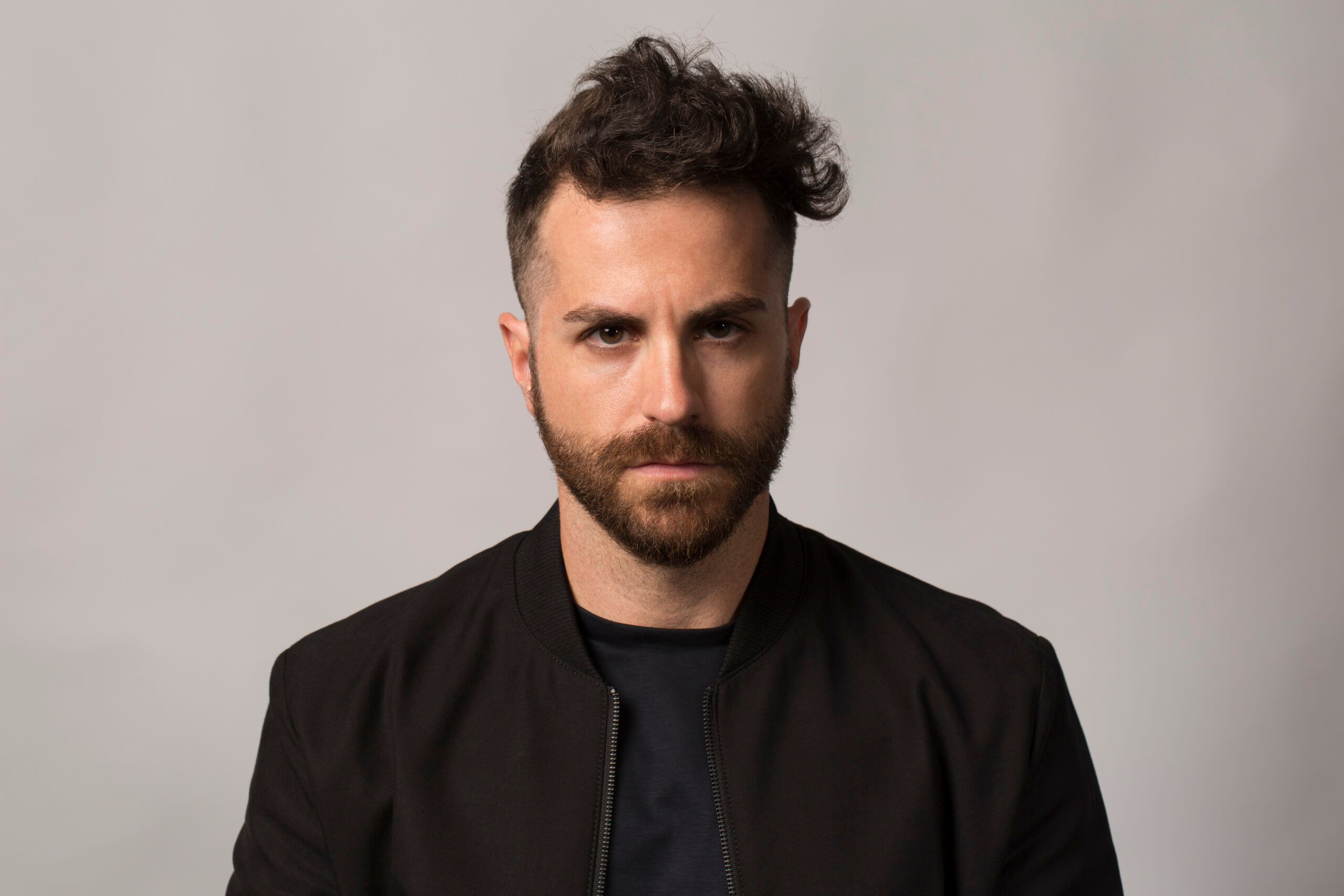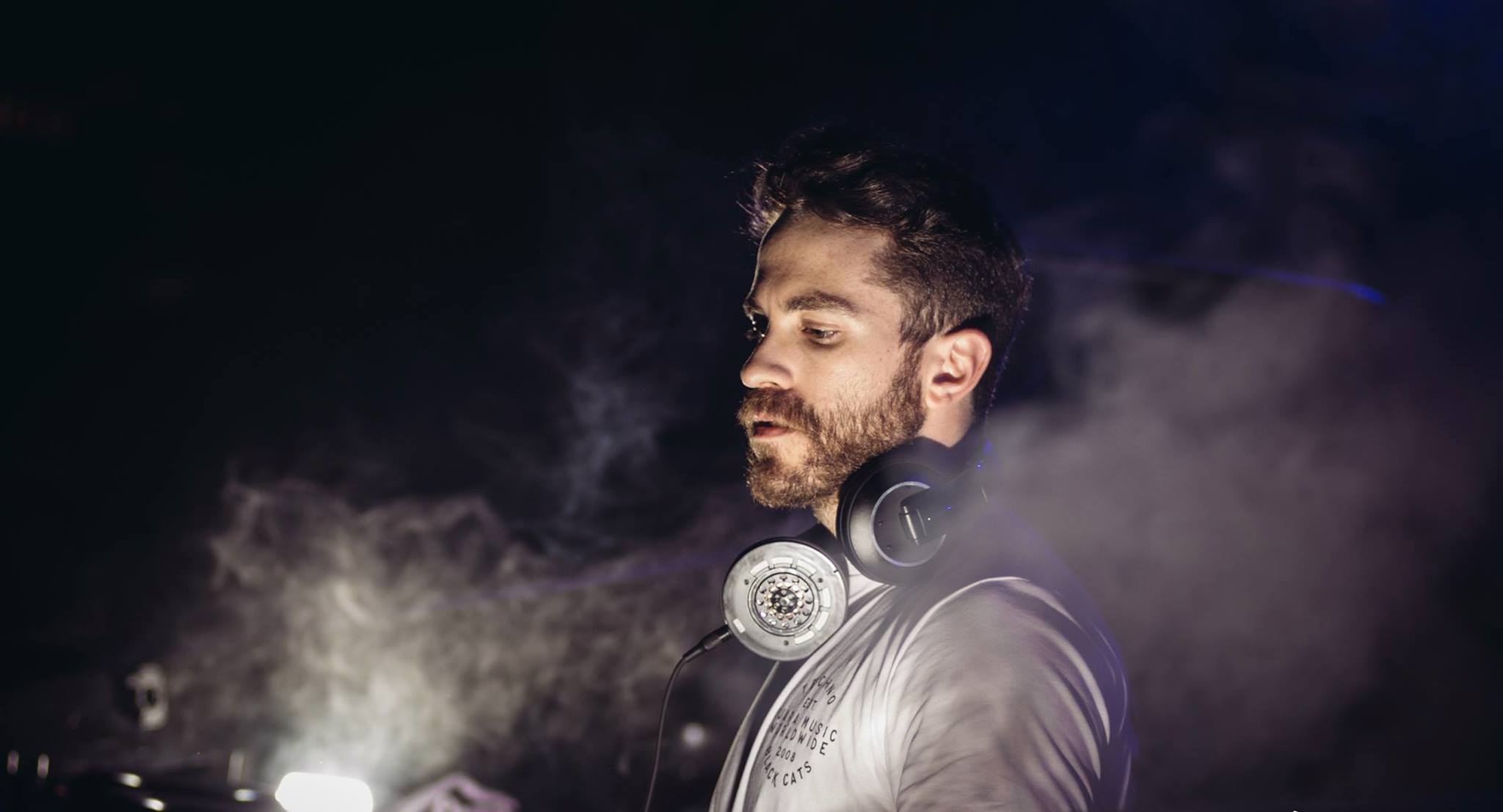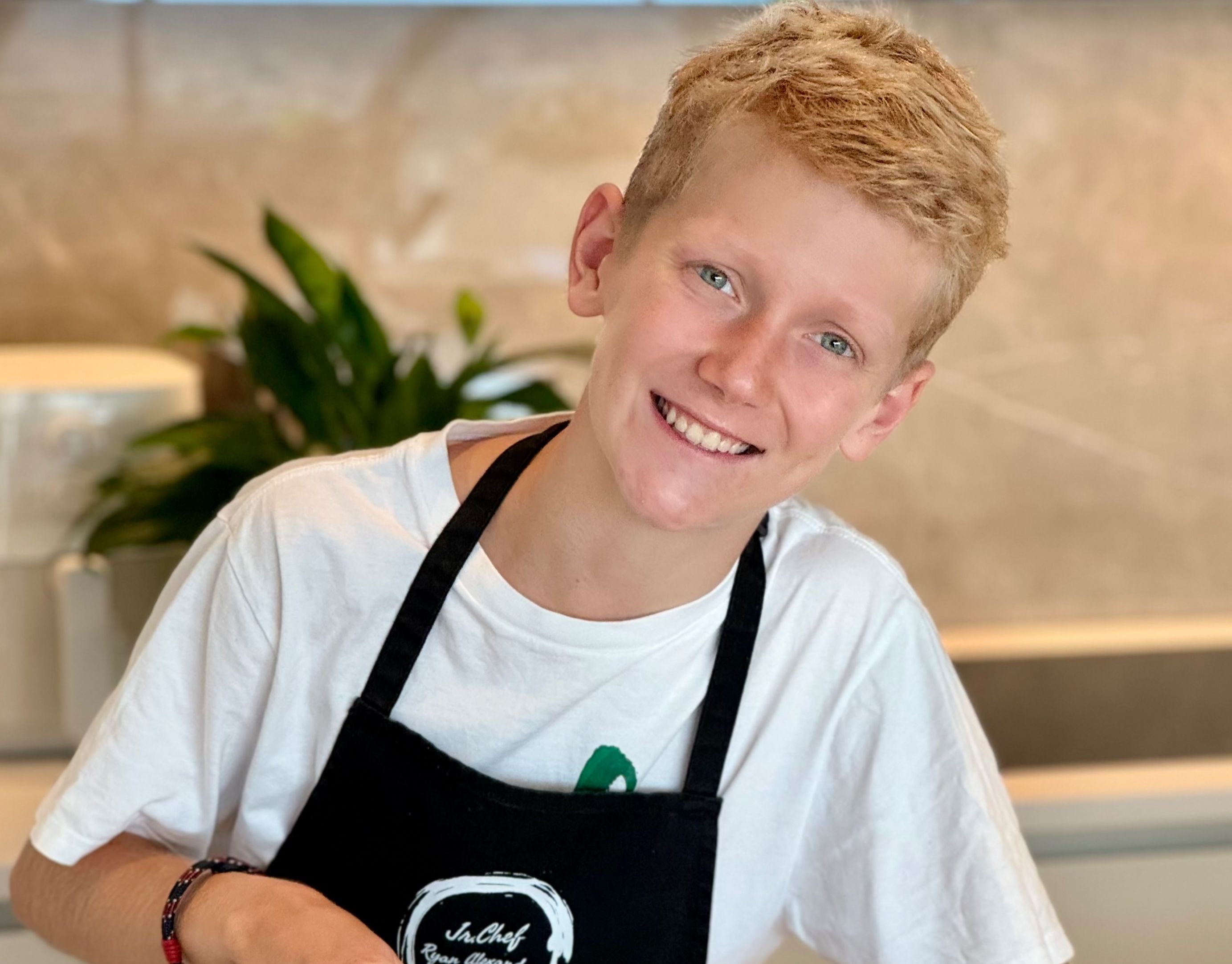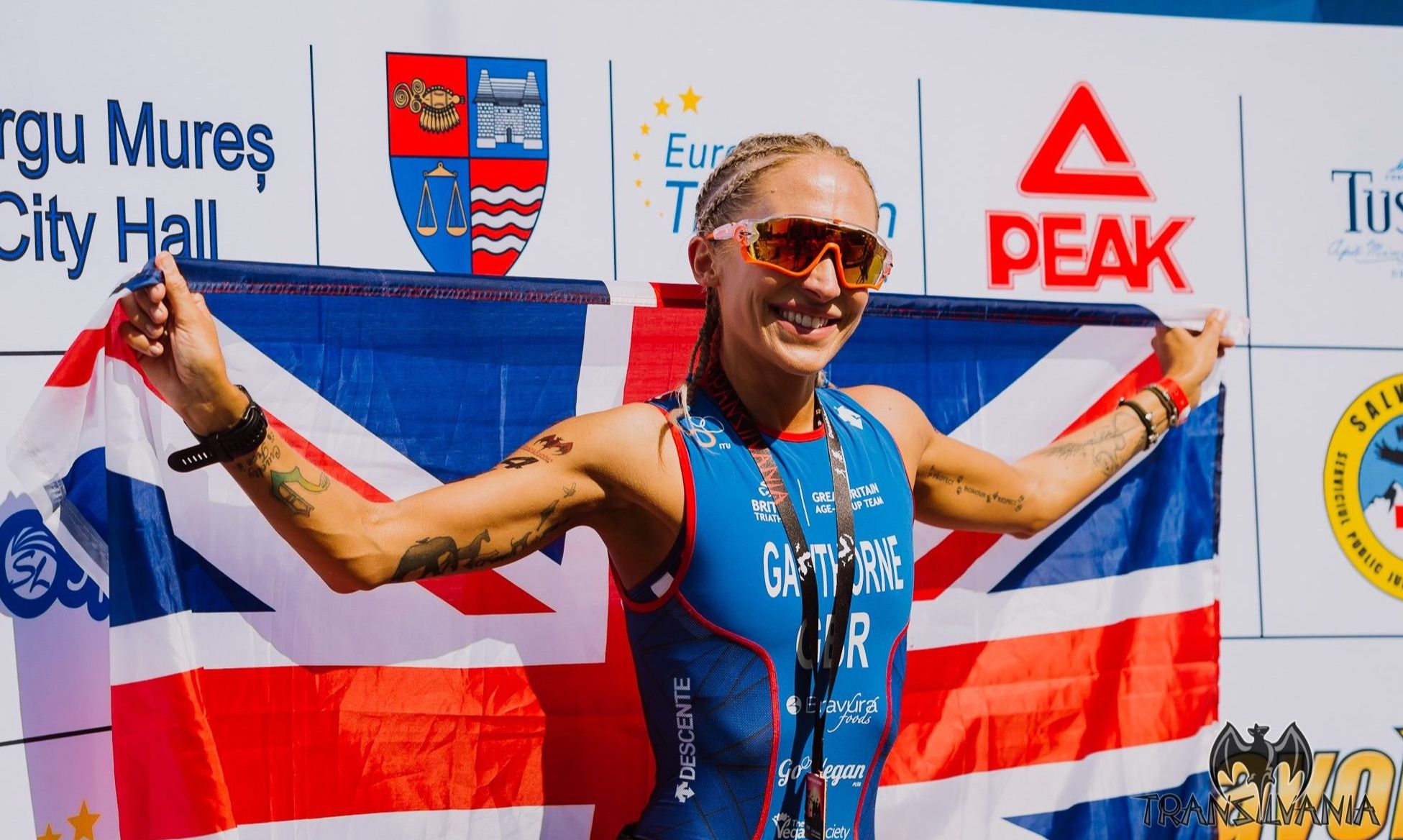
In this exclusive interview for VegClub, we dive into the life and career of Coyu—a globally renowned DJ and the visionary behind Suara, a label celebrated not only for its music but also for its dedication to animal welfare. Since its founding in 2008, Suara has become synonymous with its feline imagery and Coyu’s work with street cats through the Suara Foundation. Yet his journey goes far beyond the beats—his transition to veganism has deeply influenced both his personal and professional life. From tackling the challenges of plant-based eating while touring to using his platform to raise awareness about animal exploitation, Coyu has proven that his passion for music and his commitment to animal rights are inseparable. Join us as we explore how his vegan lifestyle shapes his music, collaborations and ongoing efforts to advocate for a more compassionate world.
VegClub (VC): Hola Coyu! You’ve achieved massive success with your label—Suara and your DJ career. How has your commitment to veganism influenced the evolution of Suara, and has it played a role in shaping the values or ethos of the label since its founding in 2008?
Coyu (C): Suara became widely recognised as ‘the label of the cats’. This wasn’t just because the covers of our records featured hand-painted cats, but because I also founded a charity to support street cats. For a long time, I considered myself an animal lover. But, in reality, I was only a pet lover—you can’t truly love something you eat. My former partner stopped eating meat years before I did. She would show me videos of lambs, pigs, and cows in an attempt to soften my heart and convince me to give up meat. I didn’t like watching them because I knew she was right. Eventually, I decided to stop eating meat and we adhered to that for a year, although we continued to eat fish, dairy, and eggs. Then, together, we committed to a fully plant-based diet for a month to see how it would affect our health and well-being. It was a challenge in 2018 to find vegan food everywhere, especially while travelling for gigs, but I soon realised it wasn’t as difficult as I had expected. Although finding plant-based protein is hard in some regions (hello, Latin America), I’ve never needed as much protein as I thought. I haven’t consumed any animal products since then, and now I can confidently say that I’m an animal lover, not just a pet lover.
VC: You’ve produced a range of popular tracks, from ‘El Baile Alemán’ to ‘The Cat’ and ‘Apparition’. Has your vegan lifestyle impacted your creative process in crafting these iconic tracks, or inspired the messages within your music?
 Coyu
Coyu
C: Those tracks were created before I transitioned to veganism. However, my track with Moby, ‘May I Be Dead But One Day The World Will Be Beautiful Again’ released in 2019 as part of my first and only album, was entirely influenced by society’s cognitive dissonance regarding the food they eat. I’ve always been a huge fan of Moby, not just for his music, but for his commitment to helping animals. The music video for that track conveys a powerful message—if you haven’t seen it, I recommend checking it out on YouTube!
VC: Your remixes for big names like Fatboy Slim, Moby, and Joseph Capriati have gained widespread acclaim. Do you feel that your vegan beliefs affect how you interpret or remix other artists’ work, and does it influence the way you collaborate with fellow musicians?
C: Those remixes were also made before I became vegan. I don’t think my music has changed much since then, though I did release housier tracks in the past. I’m definitely keen to collaborate with more vegan artists. We need to build a strong community of vegan musicians to raise awareness about animal rights. Many non-vegans are dissociated from the food they consume—they don’t realise where their ‘ham’ comes from.
VC: Your performances have taken you to some of the world’s top venues and festivals, from Ibiza to Ultra Music Festival. As a vegan, how do you manage your lifestyle while travelling and how do you advocate for plant-based choices when on tour?
C: I didn’t go vegan earlier because I thought it would be too difficult to maintain a plant-based diet while touring. But I started prepping food before tours and weekend gigs and I realised my appetite was secondary—my love for animals far outweighs a few minutes of pleasure from eating. I also request that promoters provide me with a vegan food bag, usually consisting of fruits and bars. Between the homemade sandwiches I pack and that bag, I have everything I need while travelling.
VC: Your latest release, ‘I Know Nothing’—EP, has been gaining attention. Can you tell us the story behind the EP and how it reflects your current musical direction?
C: ‘I Know Nothing’ is a pretty accurate reflection of my life. I still have a lot to learn and I’m only 39, so there’s plenty of time to explore and grow. I thought it would make a great title for my first EP of the year, encapsulating both my curiosity and the ongoing journey of self-discovery.
Read more Meet animal lover Emma Garcia—world champion artistic swimmer
VC: You’re known for your passion for animal welfare, particularly with your work at the Suara Foundation, which helps street cats. How do your values as a vegan and animal advocate intersect with your music and what role does your plant-based lifestyle play in the direction of your career?
 Coyu
Coyu
C: Many artists hesitate to mix their values with their art, but I see music as a form of political expression. I know that most of my fanbase—probably 90-95%, isn’t vegan and my advocacy might lose me some fans. But I don’t mind. My number one priority is helping animals and if my words inspire even one person to cut down on meat or go vegan, then it’s worth it.
“My love for animals far outweighs a few minutes of pleasure from eating.” on why he became vegan
VC: When did you decide to adopt a vegan lifestyle and what inspired you to make that change? How has this decision impacted both your personal and professional life?
C: Years ago, there were very few vegan international touring DJs—Chris Liebing was one of them. He showed me that it wasn’t as hard as I thought to be plant-based while touring. His example motivated me to join the (still) small group of vegans in the techno and house scene. I hope more will follow.
VC: We see that you really take care of your body. That cliché question: Where do you get your protein as a vegan and what does your diet look like?
C: Exercise is one of my greatest joys—it keeps me physically and mentally fit. My diet is balanced, though not overly strict, as I’m not aiming to be in competition-ready shape all year. My main sources of protein are tofu, seitan, soy and legumes. I also use protein powder in my breakfast and post-workout shakes. I’m not afraid of carbs, fast food, or alcohol—I just try to avoid overindulgence.
If you enjoy our articles and want to read more of our content, check out the top 7 vegan restaurants in Germany for you to try this summer. Perhaps take a look at 5 eco-friendly umbrellas for sustainability and style. Or explore the importance and benefits of a digital detox and how veganism plays into it.
sign up
for the vegclub newsletter.
Stay updated on all things vegan in Europe. Get exclusive articles, deals and giveaways delivered straight to your inbox. VegClub Magazine is the number one outlet in Europe and you will not want to miss our unique content.





